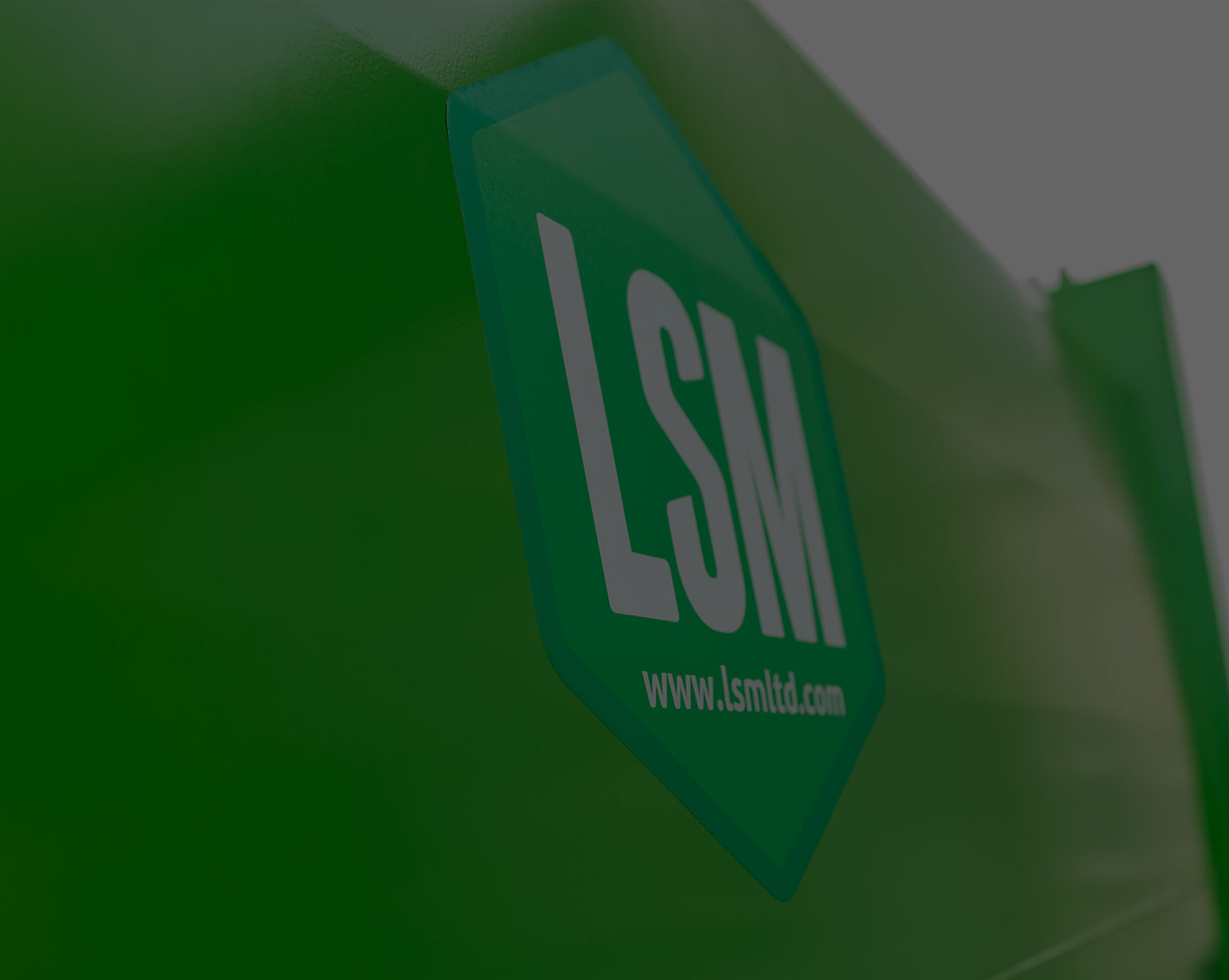The travel and hospitality industries are currently rebounding from the effects of the global pandemic, offering an ideal opportunity to hoteliers to reinvent themselves in the minds of travellers. As experience is at the heart of hospitality, one way to stand out in the mind of your traveller is to provide a sustainable experience during their stay.
Sustainable hotels have a real competitive advantage, both in building stronger brand associations and in reducing waste costs by contributing more to the circular economy. According to a 2021 survey by Booking.com, 89% of global travellers think sustainable travel is vital, and 53% of those surveyed admitted getting annoyed if their accommodation prevented them from being sustainable (by not providing recycling facilities, for example). Adding to this, 60% of travellers suggested that a brand’s corporate responsibility is a key factor in their loyalty to the brand.
With this in mind, how can you begin the journey to sustainability? Our waste management experts share their insights below.

1. SKIP SINGLE USE ANYTHING
What makes a hotel experience unique? Many hotels and B&Bs believe there are certain indulgences that are essential for guest service – including water in the room, single-use liquid toiletries, and plastic wrapped plastic or glass cups.
However, these items alone can generate a huge amount of plastic waste, particularly as they can often go unused by the guest.
There are other options, thankfully – in a world becoming more concerned with being sustainable, the variations on single use plastics and other wasteful materials are constantly expanding. The Irish Hotels Federation in association with REPAK have compiled some tips to help reduce single use plastics in hotels, including:
- Switch out smaller single-use toiletry bottles for larger, recyclable dispensers
- Provide water for meeting rooms in refillable glass bottles or carafes
- Replace plastic cups with glass cups, and consider using paper wrapping
- Consider using refillable bottles for cleaning materials bought in bulk
Switching to sustainable options doesn’t mean you need to drop single-use plastics cold turkey – you can always order smaller cases and only provide them on request from your guest. You should also make sure you’re working with a provider who can recycle plastic toiletry bottles, so you can dispose of them properly.
2. BALE YOUR TEXTILES FOR THE CIRCULAR ECONOMY
Textiles are another significant waste stream that you can divert from landfills. The best way to keep sheets, towels, and cloths from landfills is to extend the lifespan of each item.
Textiles are an important waste stream that can be managed with a little creativity even if you do not find the need to replace them often. For example, you could consider partnering with other hospitality companies in your area, bringing your recycling together to lower overall costs, or ensure you are only selecting sustainable textile brands who make use of recyclable materials in their manufacturing.
3. PROVIDE RECYCLING BINS IN ROOMS & COMMON SPACES
Unlike other businesses, hotels manage two waste streams: the waste your hotel produces serving guests, and the waste guests produce as they call their room their home.
Providing simple measures such as recycling bins in rooms and common spaces (like the lobby, hallways, and dining areas) along with helpful signage can make it easier for maintenance and operations teams to sort these waste streams to ensure you reach you maximum recycling potential.
Capturing more pre-sorted recycling waste also makes it easier to throw into a waste baler. Baled waste helps reduce your footprint as it takes up less space, offers more useable fibres, and requires fewer vehicle movements to remove, which makes for a more holistic waste management plan.
4. OFFER THE DIGITAL OPTION FIRST
Have you reviewed how much paper and plastic your average guest receives during their stay? You may be surprised how many individual pieces are currently offered out, like:
- Welcome letters
- Information sheets
- Itineraries
- Maps and guides
- Menus
- Invoices
- Key cards and paper holders
These are lovely touches to help boost a guest’s overall experience, but they also create a lot of additional recycling waste.
Instead, consider using email or QR codes to share this same information with guests. These digital copies help to keep information close at hand for guests, and reduce the amount of print activity and paper wastage for the hotel. Think of it in terms of volume over time – if you’re printing 12 pieces of paper per guest with an average week of 100 guests, that’s 1,200 pieces of paper per week – or 62,400 per year.
On the other hand, not only are digital copies more sustainable, they’re also more accessible for guests managing vision loss, which makes your hotel more inclusive.
We’ve given you some great tips for waste reduction and diversion – you can bring your hospitality waste management plan to life with the right partners. LSM helps businesses like yours manage costs and waste with waste balers. Get in touch to learn more about what the UK’s leading waste and recycling baler specialist can do for your business.


